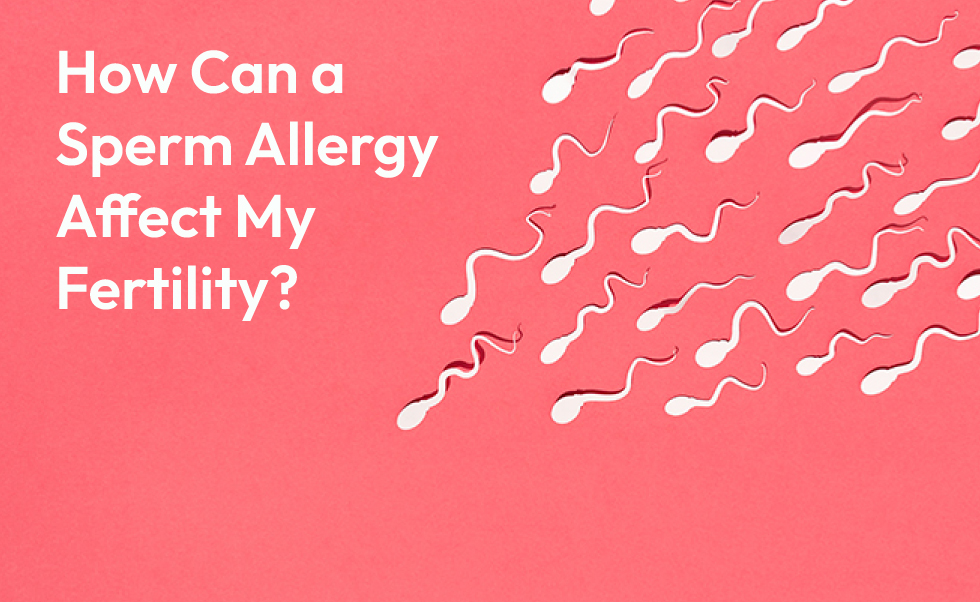A sperm allergy, a rare condition also known as seminal plasma hypersensitivity, can have significant implications for fertility. Understanding this unique condition, its symptoms, and how it can affect your ability to conceive is crucial for those experiencing related issues.
What is a Sperm Allergy, and how do I know if I have one?
A sperm allergy, while rare, occurs when a woman’s immune system reacts negatively to proteins found in her partner’s semen. This allergic reaction can cause discomfort and various symptoms after sexual intercourse. Its rarity can provide reassurance, but it’s important to be aware of it, especially for couples trying to conceive naturally.
How do I know that I have Sperm Allergy?
The symptoms of a sperm allergy typically occur within minutes to hours after exposure to semen and can vary in severity. Common symptoms include:
- Redness and Swelling: These symptoms usually occur in the vaginal area but can also affect any skin that comes into contact with semen.
- Burning and Itching: Intense burning and itching sensations in the vaginal area can cause significant discomfort.
- Pain During Intercourse: Dyspareunia, or painful intercourse, is a common symptom of sperm allergy.
In severe cases, which are rare, symptoms can include difficulty breathing, hives, or anaphylaxis.
How can a Sperm Allergy Affect my Fertility?

A sperm allergy can indirectly affect fertility in several ways:
- Avoidance of Intercourse: Due to the discomfort and pain associated with a sperm allergy, couples might avoid sexual intercourse, thereby reducing the chances of conception.
- Inflammation: The immune response can cause inflammation in the vaginal and cervical areas, potentially creating a hostile environment for sperm and hindering their ability to reach the egg.
- Misdiagnosis and Stress: Couples may not immediately recognize a sperm allergy, leading to stress and misdiagnosis, which can further complicate the journey to conception.
How can I diagnose and Treat sperm allergy?
If you suspect a sperm allergy, it’s crucial to consult with a healthcare provider for proper diagnosis and treatment. This step is not just important, but it’s a support system that can guide you through managing this condition.
- Allergy Testing: An allergist can perform tests to confirm a sperm allergy and determine the severity of the reaction.
- Barrier Methods: Using condoms can prevent contact with semen and alleviate symptoms, although this method is not conducive to natural conception.
- Desensitization Therapy: Gradual exposure to small amounts of semen over time can help desensitize the immune system to the allergens.
- Intrauterine Insemination (IUI): IUI involves directly inserting sperm into the uterus, bypassing the areas where allergic reactions typically occur, thus improving the chances of conception.
- In Vitro Fertilization (IVF): IVF is another option for couples facing fertility challenges due to a sperm allergy, as it involves fertilizing the egg outside the body and then implanting the embryo into the uterus.
While a sperm allergy can pose challenges for couples trying to conceive, it is manageable with proper diagnosis and treatment. If you experience symptoms of a sperm allergy, seek medical advice to explore the best options for your fertility journey. By addressing this condition proactively, you can improve your chances of achieving a successful pregnancy.







